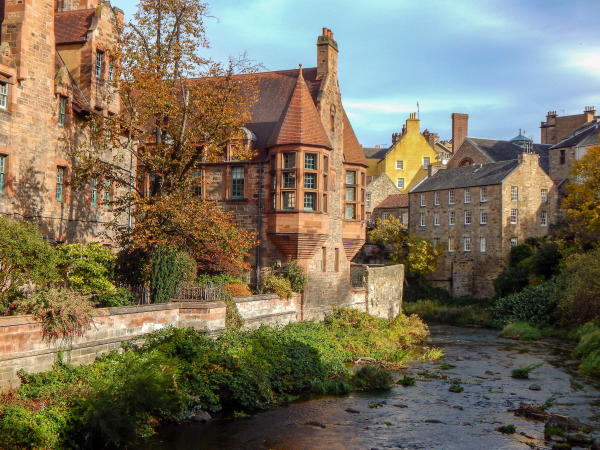Some Scots are not so keen on English tourists, and they might prefer the Cornish coast or the Highlands. However, this doesn’t mean that they are not welcome. A recent YouGov poll found that four out of ten Scots are against English tourists arriving without quarantine, while 47 percent are OK with it. This debate has prompted a number of responses from both sides of the border, including apologies and condemnations.

The result of the poll reflects the sentiment of Scots. Compared to the rest of the British people, Scots are less welcoming of English tourists. In a YouGov poll, 47% of Scots said they would not welcome English tourists. This is the same as the result for Wales but in a different way. There are more Scottish Labour supporters than SNP supporters and more SNP voters than Scottish Conservatives.
Several public opinion surveys show that Scots are less likely to welcome English visitors than Britons overall. Among those who voted in June’s referendum, 54% of SNP supporters said they would not welcome English tourists. In contrast, 37% of Scottish Labour and 19% of Conservative voters said they would welcome them. In a recent Scottish independence campaign, campaigners staged a protest at the border, urging people to vote yes.
The tourism industry remains divided over the referendum question. The majority of delegates said they would not visit an independent Scotland if the result of the referendum were not positive. Those who said they would not visit an independent Scotland were twice as likely to be English as those who said they would visit. In contrast, only eight percent of those who voted for independence were favorable to the idea of allowing English tourists to visit their country.
Despite the dismal public opinion of English tourists, a recent YouGov poll shows that Scots have a relatively high level of tolerance for foreigners. While most people in the UK are happy to welcome foreigners, fewer Scots are inclined to welcome them. But there are some Scottish nationalists who would like to keep English tourists out of the country. This is not only a cultural issue – but it also is an economic one.

While Scots are generally more welcoming to foreigners, it is important to remember that EU citizens are not welcome in Scotland. While Scottish tourists are generally more open-minded than those from other parts of the UK, it is important to note that Scottish residents are more likely to oppose the presence of foreign tourists than the English. Those who are against the British in Scotland are more opposed to them than those who are against them.
Scots are less likely to object to visitors from England than they are to Europeans. In fact, Scots are more likely to welcome English visitors than those from other parts of the UK. Only 28% of Scots oppose the arrival of English tourists, while 53% of No voters support the practice. Interestingly, despite the recent Scottish independence debate, British and Irish tourists are still welcome in Scotland.
As with many countries, the question of immigration is a delicate one. The Scottish government has made clear that they are not opposed to English tourists. They have no problem with British tourists, and they are generally tolerant and have a positive attitude towards English tourists. In fact, the Welsh are more open to foreign tourists than Scots. They are more likely to welcome them than Irish or Northern Irish tourists. The English are not allowed in the UK.
The Welsh are more welcoming of people from other parts of Britain. They are less worried about English tourists, and their views of English-speaking people are more positive than those of English-speaking countries. While the majority of Welsh people oppose English tourists, the SNP are less hostile. Although Scottish voters have more favorable views on the issue, there are many differences between the two regions. In particular, the SNP’s view is not universal.
